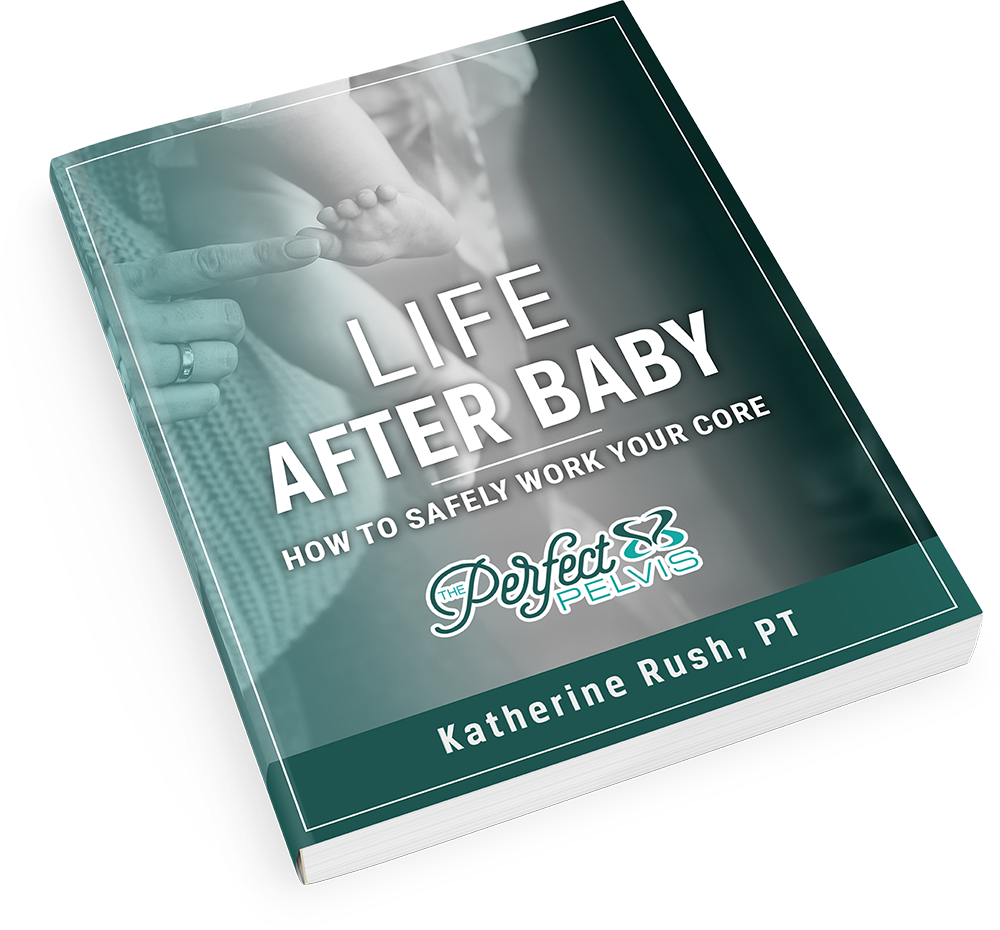We have talked quite a bit so far about incontinence, but let’s change gears and discuss another taboo topic here . . . constipation.
Occasional constipation is common, however some people experience chronic constipation. This affects their ability to perform daily activities. It can also cause excessive strain during a bowel movement.
How is chronic constipation defined? Chronic constipation is considered infrequent passing of bowel movements lasting several weeks or more. Infrequent is considered fewer than three times a week. In these cases often the waste is moving too slowly through the digestive tract or there is a problem eliminating the stool from the rectum correctly.
Why is this happening? Well, there are multiple reasons this could be happening to you or a loved one.
Certain general factors make constipation more common such as being female, an older adult, dehydration, a sedentary lifestyle, or having a mental health condition. Certain medications such as specific medications to lower blood pressure, sedatives, pain medications and some antidepressants can also increase one’s risk for constipation.
Constipation can be caused by structural, neurological, muscular or hormonal reasons. The following breaks down possible reasons further by these categories:
- Structural may include blockages from a bowel obstruction, rectal cancer, colon cancer, other cancers of the abdomen pressing on the colon, or a rectal bulge into the vagina (called a rectocele). Constipation can also be caused by other structural issues such as a narrowing of the colon (called a bowel stricture) or small tears in the skin surrounding the anus (called an anal fissure).
- Neurological includes problems with the nerves around the colon and rectum or issues with other nerves that control bodily functions. This damage may result due to a stroke, Multiple Sclerosis, Parkinson’s Disease, or a spinal cord injury.
- Muscular involves the pelvic muscles used when having a bowel movement. Problems may arise when there is an inability to relax the pelvic muscles for a bowel movement to occur (called anismus), the pelvic muscles are weakened, or they do not coordinate relaxation and contraction adequately (called dyssynergia). In this case, a pelvic floor physical therapist can be a key player in your recovery.
- Hormonal conditions that may affect constipation include Diabetes, pregnancy, an under-active thyroid (called hypothyroidism), and an overactive parathyroid gland (called hyperparathyroidism).
When dealing with constipation, the first step is a thorough medical exam to determine the root cause of the constipation, or in many cases, ruling out what is not the cause.
If struggling with constipation, don’t be alarmed. You are not alone! And there are effective options to help make things better, even when dealing with chronic constipation. Stay tuned for more to come on this topic . . . in upcoming blogs we will further discuss constipation including treatments, diet recommendations, and specific concerns for children.
Questions? Give me a call 816-607-3747 or message me. I’m always happy to chat.








